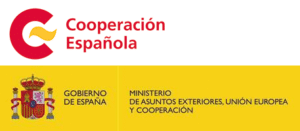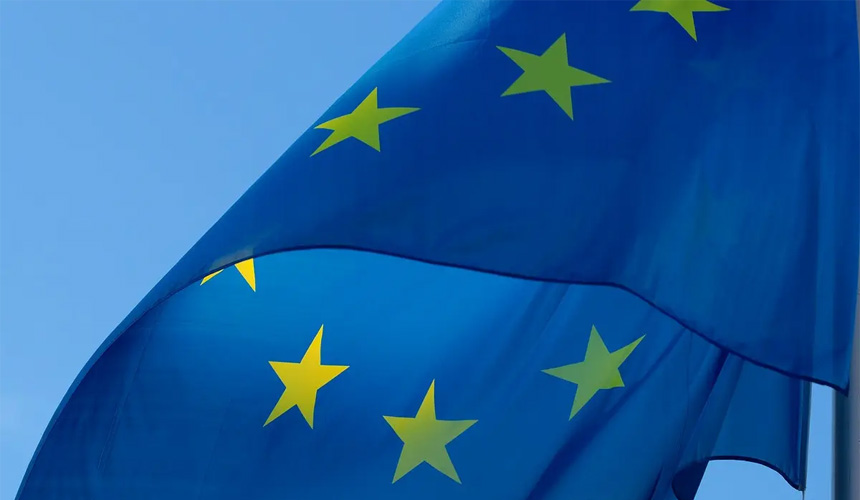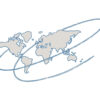Wednesday, 10th May 2023, from 16:30 to 19:30 h. CEST (UTC+2). Venue: Michelberger Hotel, Warschauer Strasse 39-40, 10243 Berlin (Germany).
Today’s polycrisis world challenges the European Union to adapt to a reshaped geopolitical order and identify the partners with which it can jointly engage. Development policy plays an increasingly supporting role in this repositioning of the EU and its related economic, foreign policy and geopolitical interests, which is also reflected in initiatives such as Global Gateway.
The EU and its member states collectively remain the world’s largest contributor of Official Development Assistance and international climate finance. Yet despite these investments, it faces difficulties to strengthen its credibility and reliability in the eyes of its partners. With the 2024 European Parliament elections and subsequent leadership changes appearing on the horizon, the EU is challenged to reconsider its role as a development policy actor and its associated involvement in global issues and multilateral governance.
The panel debate reflected on the future role of the EU as a global development actor and provided inputs for the Spanish presidency of the EU in 2023.
Programme
16.30 Welcome by Stephan Klingebiel, Head of Programme Inter and Transnational Cooperation, German Institute of Development and Sustainability.
16.40 Interactive roundtable: “Quo vadis EU as a global development player?”
Participants:
- Jürgen Zattler, Director General, German Ministry for Economic Cooperation and Development.
- Eva del Hoyo, Director General, Spanish Ministry of Foreign Affairs, European Union and International Cooperation.
- Erica Gerretsen, Deputy Director General, DG INTPA, Human Development, Migration, Governance and Peace (INTPA.G).
- Cheikh Tidiane Sall, Ambassador of Senegal to Germany.
Moderator: Geert Laporte, Director, European Think Tanks Group.
18.15 Concluding remarks by Charles Powell, Director, Elcano Royal Institute.
18.30 Networking drinks.
Event organized by the Elcano Royal Institute and the German Institute of Development and Sustainability (IDOS), in cooperation with the European Think Tank Group (ETTG) and with the support from the Spanish Ministry of Foreign Affairs, European Union and Cooperation, and the German Federal Ministry of Economic Cooperation and Development.
With the support of:



